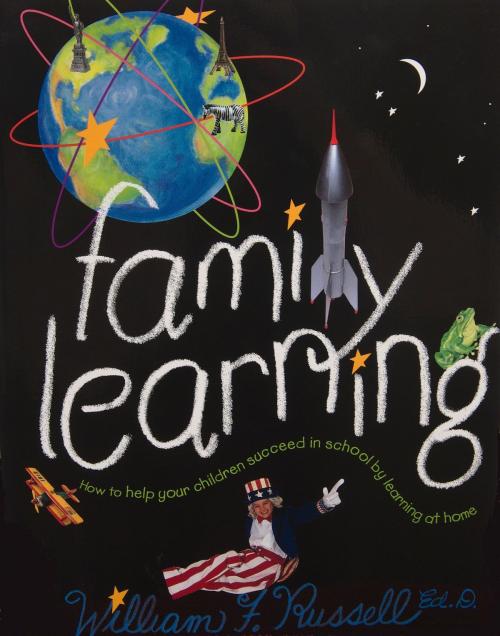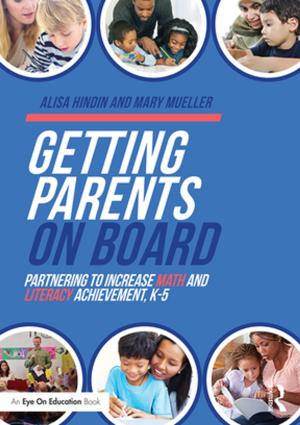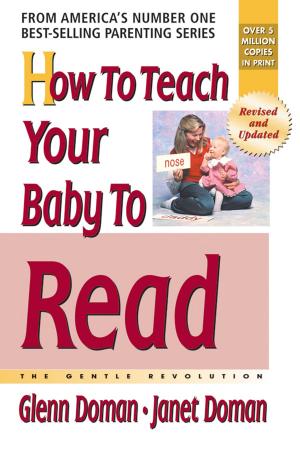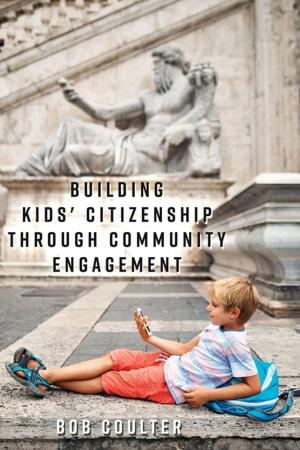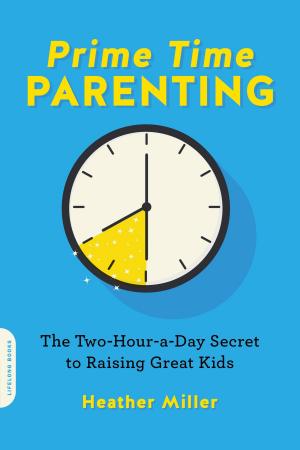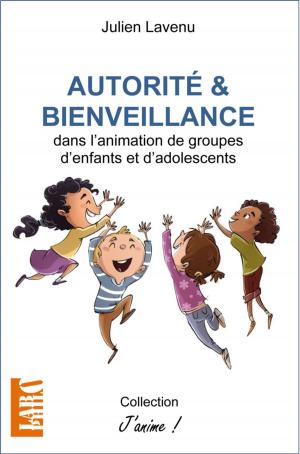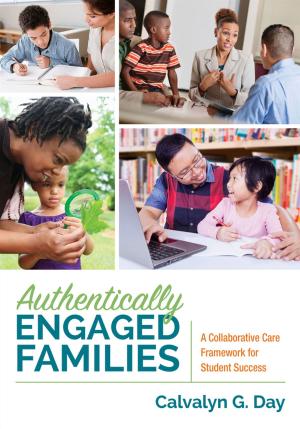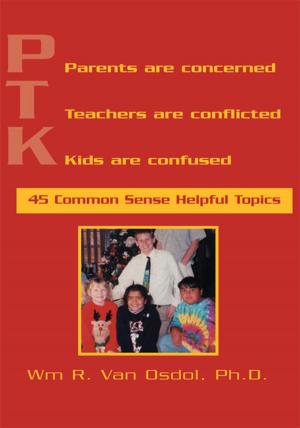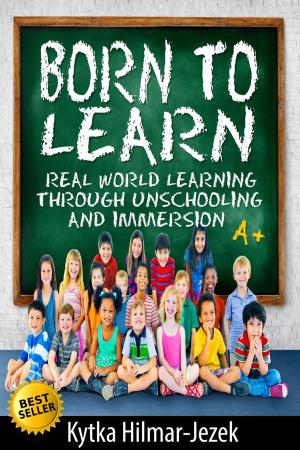Family Learning
How to Help Your Children Succeed in School by Learning at Home
Nonfiction, Reference & Language, Education & Teaching, Parent Participation| Author: | William F. Russell, Ed.D. | ISBN: | 9780988857018 |
| Publisher: | William F. Russell | Publication: | February 14, 2013 |
| Imprint: | Language: | English |
| Author: | William F. Russell, Ed.D. |
| ISBN: | 9780988857018 |
| Publisher: | William F. Russell |
| Publication: | February 14, 2013 |
| Imprint: | |
| Language: | English |
The whole concept that author and educator William F. Russell, Ed.D., calls “Family Learning” centers on the fact that children spend only 13% of their waking hours between birth and age 18 in school. What sense does it make to confine all their learning to that narrow sliver of life? Family Learning: How to Help Your Children Succeed in School by Learning at Home offers practical, simple activities that parents can do with their children (grades K-8) to help them understand school concepts by using them in real-world applications. These “learning adventures,” as Dr. Russell calls them, can be done in the kitchen, in the backyard, in the car, on weekends, on holidays, on vacations—wherever and whenever parents and children can find joy in discovering a new piece of learning together. Through these family-centered, out-of-school learning activities, children understand that opportunities for learning are all around them, all the time, no matter where they live or what they happen to be studying in school at the time. Parents can play a powerful role in encouraging this “learning attitude,” which will benefit their children both in school and in life. And it is this attitude toward continual learning that children will take with them into their adult lives, into their careers, and into the families that they themselves create. “Family Learning” is an idea that can become a part of every family, no matter what the family’s income or educational level may be. Decades of clear and consistent research have shown that the activities that are customary in everyday family life are the surest predictor of a child’s success in school. Dr. Russell’s Family Learning book provides parents with a way to begin playing a more-active role in their children’s learning by using whatever time they have available to share fun, time-tested activities that are geared specifically to their child’s interest and level of learning. “What I call ‘Family Learning,’” Dr. Russell explains, “is not just school work at home, but rather, an enjoyable way for families to grow together, as parents and children each grow individually.” Family Learning: How to Help Your Children Succeed in School by Learning at Home identifies hundreds of library books (all with Dewey classifications) and other free or inexpensive learning resources, and it provides over a hundred web links to videos that help parents explain and demonstrate concepts in all school subjects including character development. Family Learning also provides a model that parents, teachers, and community leaders can use to expand learning opportunities—and learning in general—throughout any school district or community.
The whole concept that author and educator William F. Russell, Ed.D., calls “Family Learning” centers on the fact that children spend only 13% of their waking hours between birth and age 18 in school. What sense does it make to confine all their learning to that narrow sliver of life? Family Learning: How to Help Your Children Succeed in School by Learning at Home offers practical, simple activities that parents can do with their children (grades K-8) to help them understand school concepts by using them in real-world applications. These “learning adventures,” as Dr. Russell calls them, can be done in the kitchen, in the backyard, in the car, on weekends, on holidays, on vacations—wherever and whenever parents and children can find joy in discovering a new piece of learning together. Through these family-centered, out-of-school learning activities, children understand that opportunities for learning are all around them, all the time, no matter where they live or what they happen to be studying in school at the time. Parents can play a powerful role in encouraging this “learning attitude,” which will benefit their children both in school and in life. And it is this attitude toward continual learning that children will take with them into their adult lives, into their careers, and into the families that they themselves create. “Family Learning” is an idea that can become a part of every family, no matter what the family’s income or educational level may be. Decades of clear and consistent research have shown that the activities that are customary in everyday family life are the surest predictor of a child’s success in school. Dr. Russell’s Family Learning book provides parents with a way to begin playing a more-active role in their children’s learning by using whatever time they have available to share fun, time-tested activities that are geared specifically to their child’s interest and level of learning. “What I call ‘Family Learning,’” Dr. Russell explains, “is not just school work at home, but rather, an enjoyable way for families to grow together, as parents and children each grow individually.” Family Learning: How to Help Your Children Succeed in School by Learning at Home identifies hundreds of library books (all with Dewey classifications) and other free or inexpensive learning resources, and it provides over a hundred web links to videos that help parents explain and demonstrate concepts in all school subjects including character development. Family Learning also provides a model that parents, teachers, and community leaders can use to expand learning opportunities—and learning in general—throughout any school district or community.
